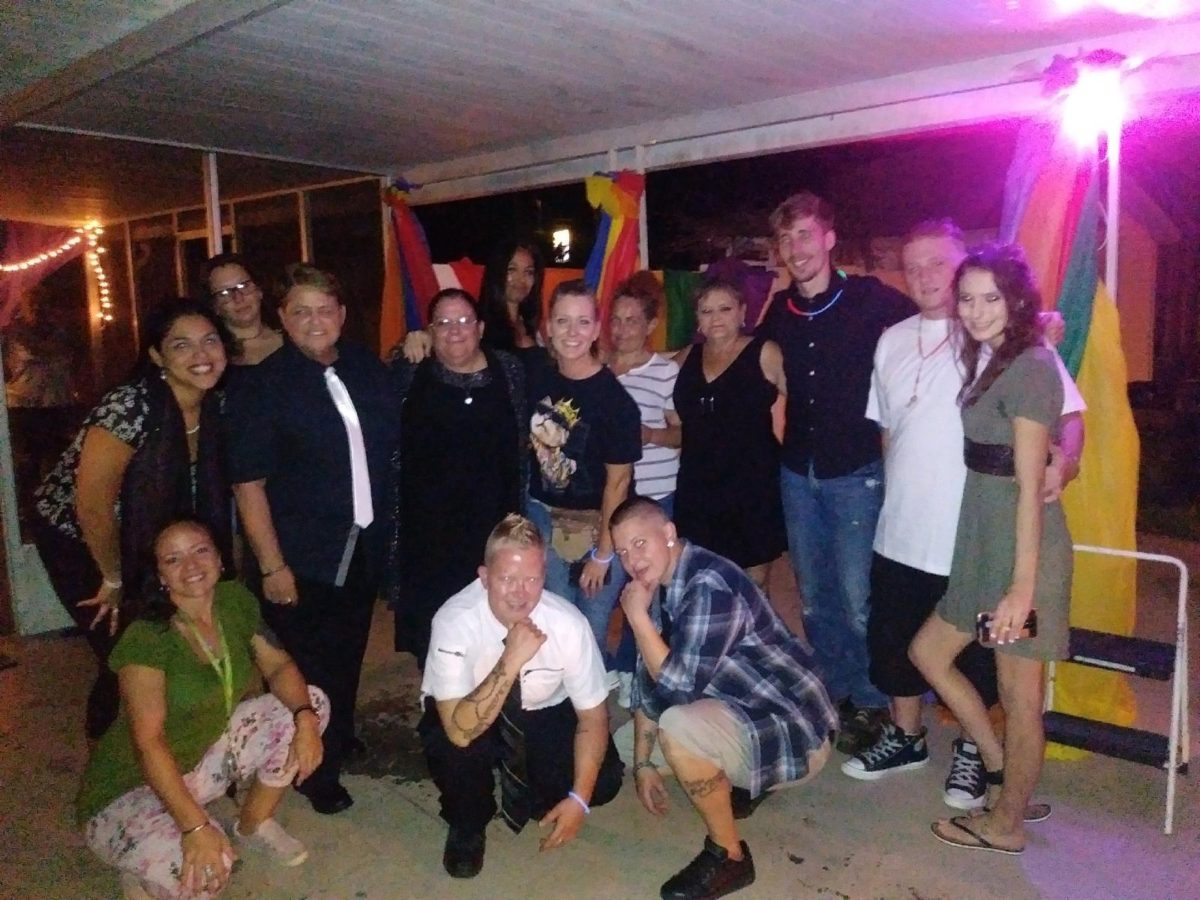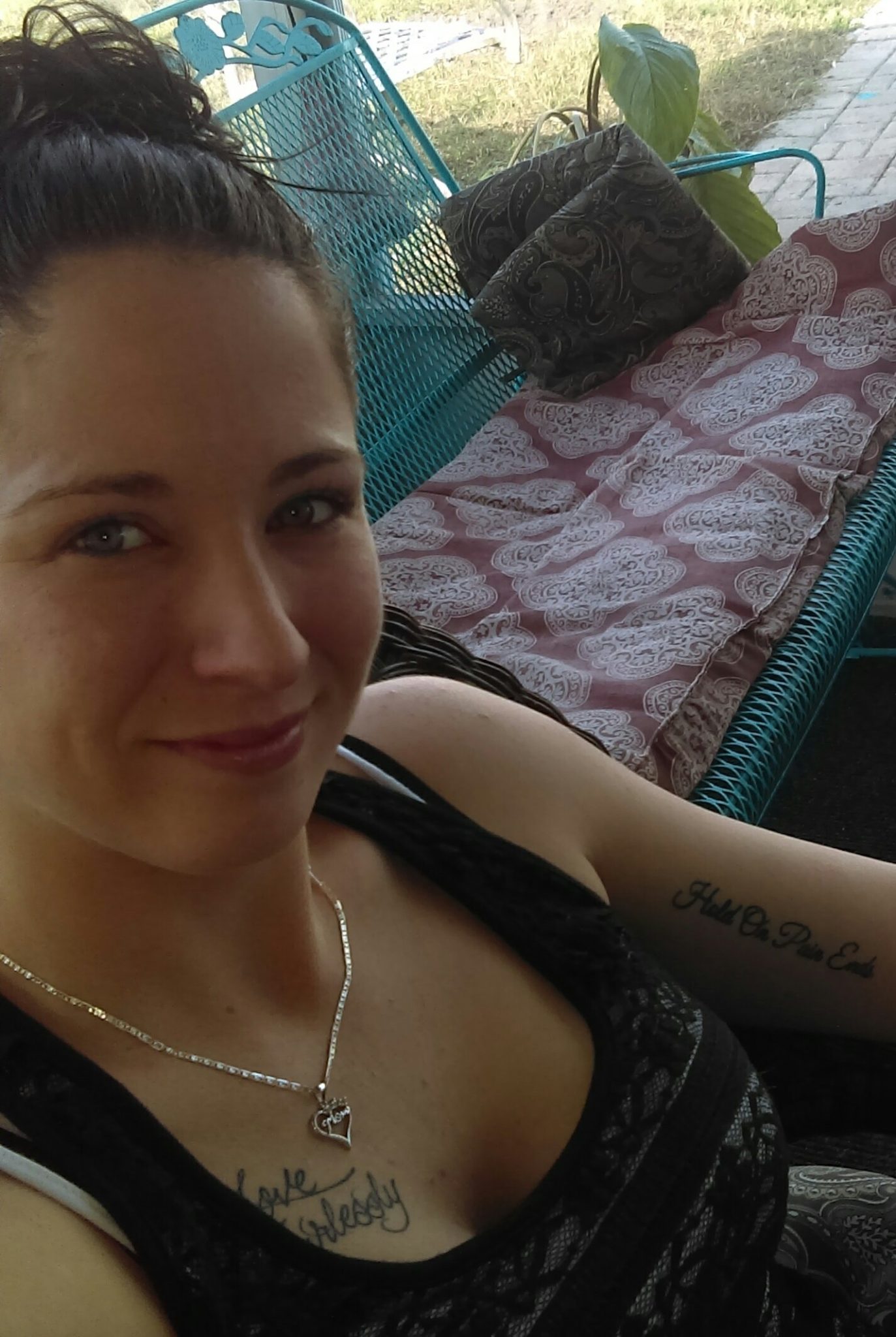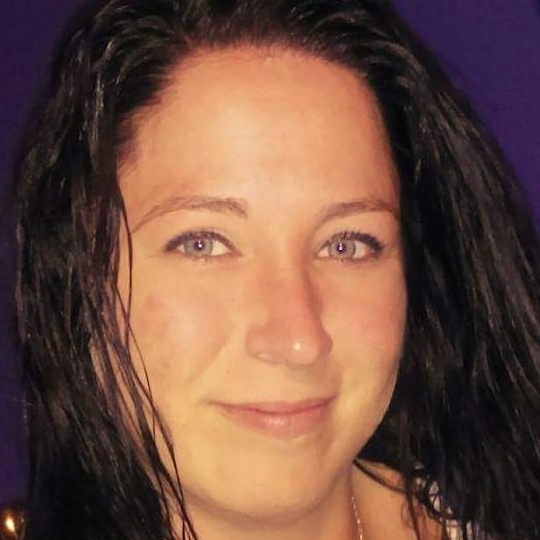
Recovery from addiction is a complex and ongoing process that requires a safe, supportive environment. In Florida, the Florida Association of Recovery Residences (FARR) certification ensures that recovery homes operate under high standards of care, integrity, and accountability. Choosing a FARR-certified recovery residence can make a profound difference in the quality of care and the success of an individual’s recovery journey.
This blog will explore the many benefits of a FARR-certified recovery home and why such certification is essential for anyone seeking sober living in Florida.
What is FARR Certification?
Understanding FARR and its Mission
FARR, the Florida Association of Recovery Residences, is a nonprofit organization established to promote ethical and effective recovery residence services. FARR is an affiliate of the National Alliance for Recovery Residences (NARR), an organization that creates national standards for sober living environments. FARR-certified homes adhere to these standards, ensuring that individuals in recovery are given the structure and support needed to sustain long-term sobriety.
The Importance of Certification
In an unregulated industry, certification is crucial to safeguard the quality of care. Without standards, anyone can open a recovery home, and that can lead to poorly managed environments that may hinder recovery rather than help it. FARR’s certification process includes a thorough review of policies, procedures, and living conditions to ensure that recovery residences provide the highest level of care possible.
1. High Standards of Care and Accountability
One of the most significant benefits of FARR certification is the guarantee that a recovery home adheres to nationally recognized standards. These homes must pass a rigorous evaluation process, covering everything from the physical living space to the operational policies that govern how the home is run.
Comprehensive Evaluations
FARR-certified homes are assessed on various aspects, including:
- Safety: Homes are required to meet safety standards, including fire codes, cleanliness, and secure living conditions.
- Support Systems: Certified homes must offer structured support for residents, such as 12-step programs, therapy, or peer counseling.
- Ethical Conduct: All staff must adhere to ethical practices, maintaining respect, dignity, and confidentiality for residents.
By choosing a FARR-certified recovery home, individuals can trust that they are in a safe, well-managed environment conducive to their recovery.
2. Professionalism and Training
Well-Trained Staff
A FARR-certified recovery home employs staff who are trained and knowledgeable about addiction recovery. FARR requires home operators and staff to undergo continuous education to stay updated on best practices for treatment and resident care. This ensures that the people responsible for managing the home are not only equipped to support residents but also understand the complexities of addiction.
Importance of Credentialed Staff
In unregulated recovery homes, the staff may lack proper training, potentially putting residents at risk. FARR-certified homes, however, have credentialed professionals who can manage crises, provide emotional support, and help residents navigate the various challenges that come with maintaining sobriety.
3. Structured and Supportive Environments
The Power of Routine
Structure is a vital part of recovery, and FARR-certified homes provide a well-regulated environment with clear rules, curfews, and schedules. This structure helps residents develop new, healthier routines to replace the destructive habits associated with addiction.
Group Support and Accountability
One of the most significant benefits of sober living in a FARR-certified home is the peer support system. Living with others who are also on the road to recovery fosters a sense of community and shared accountability. Group meetings, house chores, and communal activities help to build camaraderie and reduce feelings of isolation, which are common in early recovery.
Residents learn to rely on one another for support and encouragement, creating an environment where everyone is committed to staying sober.
4. Safe and Drug-Free Living Environment
Drug Testing and Zero-Tolerance Policies
FARR-certified homes maintain a strict drug-free policy. Regular drug testing ensures that residents are committed to their recovery and helps maintain a clean and safe environment for everyone. This kind of accountability is vital, as it reduces the risk of relapse and reinforces the importance of maintaining sobriety.
Recovery-Oriented Environment
Unlike unregulated recovery homes, FARR-certified homes foster an environment explicitly designed for recovery. These homes often have house meetings, regular check-ins with staff, and access to resources such as group therapy, 12-step meetings, or other recovery-based activities. This keeps the focus on sobriety, self-improvement, and personal growth.
5. Access to Resources and Community Connections
Integrated Care Systems
FARR-certified homes are often well-connected to a broader network of recovery resources, including addiction counselors, outpatient treatment centers, and healthcare providers. These homes typically have established partnerships with local organizations, making it easier for residents to access medical care, therapy, employment assistance, or other services that support their recovery.
Building Bridges to Independence
One of the goals of a recovery home is to help individuals transition back into independent living. FARR-certified homes provide life skills training, including budgeting, job searching, resume writing, and time management, all aimed at helping residents achieve long-term success in sobriety. Residents may also receive support in reconnecting with their families and rebuilding their social lives in a healthy, productive manner.
6. Legal Protections and Compliance
Fair Housing and ADA Compliance
FARR-certified homes operate in full compliance with state and federal laws, including the Fair Housing Act (FHA) and the Americans with Disabilities Act (ADA). This ensures that residents are protected from discrimination based on their recovery status and that homes are accessible to individuals with disabilities. This legal framework offers a layer of security and assurance to residents that they will be treated fairly and equitably.
Licensing and Accountability
One of the problems in the sober living industry is the number of homes operating without proper oversight or accountability. FARR certification ensures that homes are licensed and held accountable by state and local authorities. Should any issues arise, residents and their families have a clear avenue for filing complaints or seeking recourse.
7. Promotes Long-Term Sobriety
Reduced Relapse Rates
Research has shown that individuals who live in structured recovery environments have lower relapse rates than those who attempt to stay sober on their own. A FARR-certified home provides a relapse prevention framework through monitoring, drug testing, and peer support, making it easier for residents to maintain sobriety.
Positive Peer Influence
Peer support is one of the most powerful tools in recovery, and FARR-certified homes capitalize on this by fostering a sense of community. Residents can share their struggles, successes, and coping strategies with one another, which can be incredibly motivating. The sense of belonging to a group of like-minded individuals on the same path helps residents stay focused and committed to their sobriety.
8. Transparency and Ethical Business Practices
Financial Transparency
One concern with unregulated recovery homes is the potential for unethical business practices, such as hidden fees or exploitative financial arrangements. FARR-certified homes must provide transparent, upfront information about costs and services, ensuring that residents and their families know exactly what they are paying for.
Clear Admissions Process
FARR-certified homes are committed to ethical practices from the very beginning. The admissions process is clear, fair, and based on an individual’s needs and recovery goals, not on their financial ability alone. This ensures that recovery homes do not exploit vulnerable individuals in need of help.
9. Community Reputation and Trustworthiness
Established Community Presence
FARR-certified recovery homes have a positive reputation in the local recovery community and often have long-standing relationships with healthcare providers, treatment centers, and legal professionals. These connections are a testament to the trustworthiness and effectiveness of the home. Choosing a FARR-certified home ensures that residents are part of a trusted and respected network.
Commitment to Ethical Care
By upholding strict ethical guidelines, FARR-certified homes ensure that their residents receive dignified, compassionate, and professional care. This commitment extends to maintaining a positive relationship with the surrounding community and acting as responsible neighbors.
10. Support for Families
Family Involvement in Recovery
FARR-certified homes recognize the importance of family in the recovery process. Many certified homes offer family programs, workshops, or counseling to help families understand addiction and learn how to support their loved ones in recovery. This holistic approach strengthens the recovery process by involving the entire family unit.
Communication and Transparency with Loved Ones
For families, the decision to place a loved one in a recovery home is significant. FARR-certified homes offer transparent communication, keeping families informed about their loved one’s progress and any concerns that may arise. This open dialogue fosters trust and allows families to play an active role in their loved one’s recovery.
Conclusion: Why Choose a FARR-Certified Recovery Home?
Choosing a FARR-certified recovery home offers peace of mind and a higher likelihood of sustained recovery. The certification guarantees that residents live in a safe, supportive, and structured environment designed to foster long-term sobriety. With well-trained staff, access to community resources, legal compliance, and a focus on ethical care, FARR-certified homes stand out as a beacon of hope in the recovery journey.
For individuals seeking recovery and their families, the benefits of choosing a certified home over an unregulated one cannot be overstated. When it comes to finding a place to rebuild lives and start fresh, FARR-certified homes are the gold standard in Florida.




